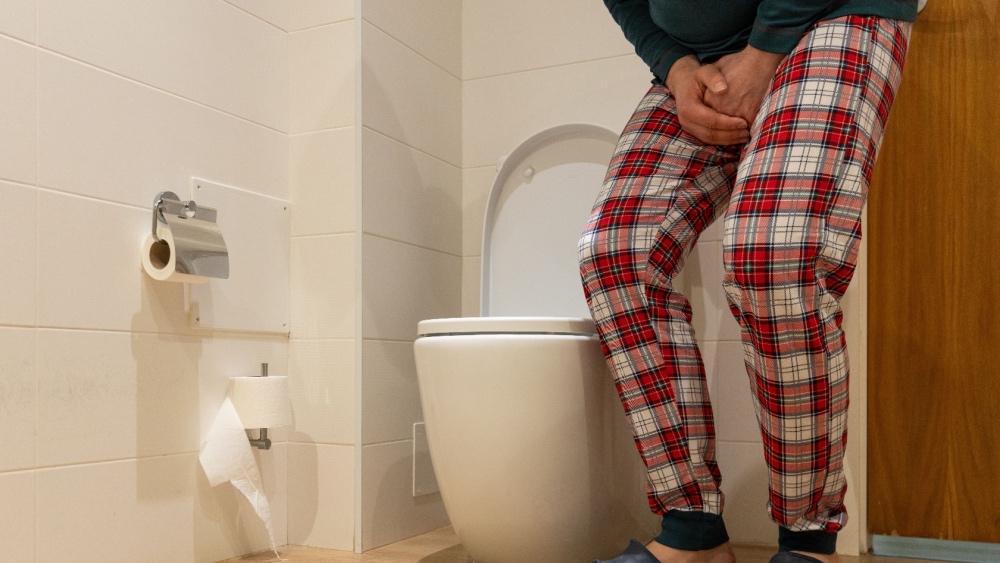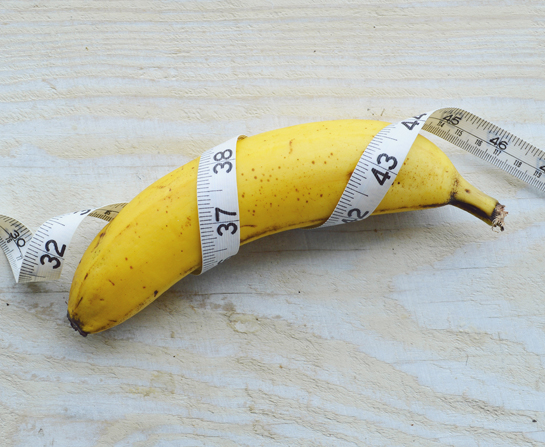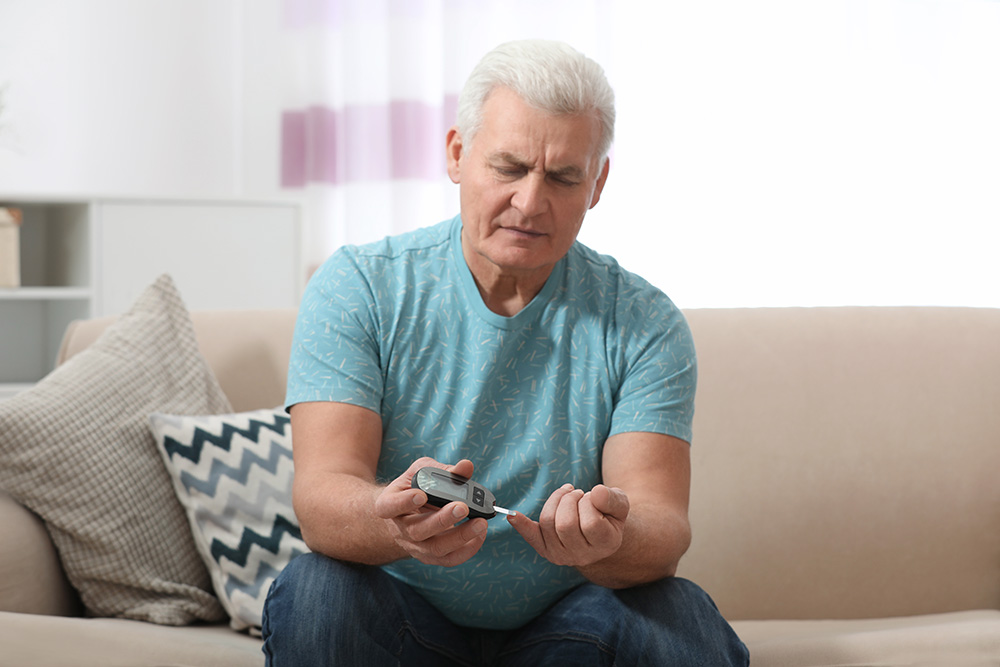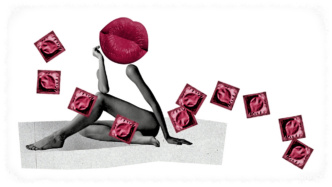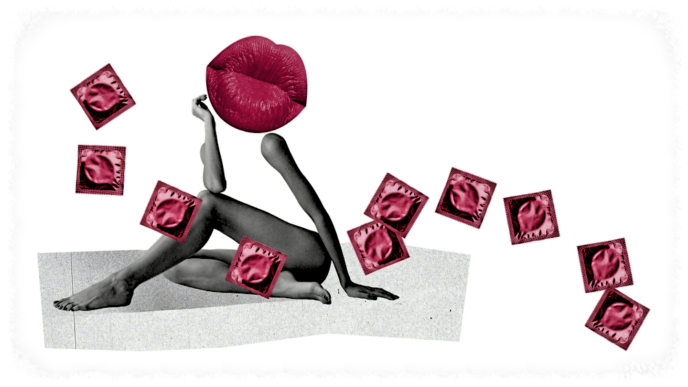Urinary difficulties from an enlarged prostate can disrupt daily life for many men. In this article, a consultant urologist explains how latest medications and surgical options like transurethral resection of the prostate (TURP) showing how modern treatments are helping men regain comfort and confidence.
WORDS DR S SRITHARAN
 FEATURED EXPERT FEATURED EXPERTDR S SRITHARAN Consultant Urologist Island Hospital |
Located just below a man’s bladder is his prostate gland, which produces semen, the fluid that nourishes his sperm cells and carries these cells into a woman’s vaginal canal during ejaculation.
- This gland naturally increases in size as the man ages.
- However, it is possible for the prostate gland to enlarge and constrict his urethra, the tube that runs along the penis and allows urine and sperm to pass out of the body.
- This condition is called benign prostatic hyperplasia (BPH).
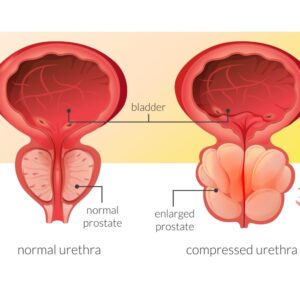
Early symptoms of BPH include:
- Slowness or dribbling of one’s urine stream
- Frequent urination
- Difficulty in urinating
If left untreated, it can lead to development of other complications such as bladder infection, bladder stones, and kidney damage.
MEDICATIONS FOR BPH
Alpha-Blockers
- Alpha-blockers are a group of medications used to relax the smooth muscles found in the prostate and the neck of the bladder, allowing urine to flow more easily.
- These medications are usually prescribed as a first-line treatment for BPH with mild to moderate symptoms.
- They act fast and provide fast relief.
- One needs to take these medications on a long-term basis. However, there are once-daily formulations available as a more convenient option to consider.
- However, some types, especially older ones, will need to have their dosage adjusted over time to minimize side effects, so follow-ups with the doctor are necessary.
- Common side-effects are:
- Drops in blood pressure when going from lying down to sitting up to standing (postural hypotension)
- Drowsiness,
- Headaches
- Dizziness
- Difficulty with ejaculation
- Elderly persons taking these medications need to be careful because of the risk of these side effects.
5α-Reductase Inhibitors
- 5α-reductase inhibitors are a group of medications that are given to those with significantly enlarged prostate glands.
- They help to reduce the size of the prostate gland by up to about 20% after taking this medication for a period of 6 to 12 months.
- This will in turn help reduce obstruction of the urethra as well as reduce the symptoms of BPH.
- 5α-reductase inhibitors are often prescribed in combination with alpha blockers.
- Similar to alpha blockers, they need to be taken over the long term.
- Common side effects include:
- Decrease in sex drive
- Difficulties in achieving erection as well as ejaculation
Phosphodiesterase Inhibitors
- Phosphodiesterase inhibitors are a group of medications commonly prescribed to men with mild to moderate urinary symptoms and erectile dysfunction.
- Some of them, when taken daily, have been shown to improve symptoms of BPH.
SURGERY FOR BPH
- Surgery is usually necessary when the BPH is moderate to severe.
- For example, when the person is unable to pass urine because of his condition.
- It is also an option when other treatments fail to yield the desired improvements.
Options Available
- Transurethral resection of the prostate (TURP) is the most common surgery in Malaysia for enlarged prostate.
- For grossly enlarged prostate glands (more than 100 g), the surgeon may opt to perform a simple prostatectomy.
- There are also minimally invasive options — those that have fewer cuts and removal of tissues —available. One recently introduced in Malaysia is the water vapour therapy.
Water Vapour Therapy
- An instrument is used to deliver water vapour along the urethra directly to the enlarged prostate tissue.
- This procedure shrinks the prostate tissue that are blocking the urethra.
Advantages
- The whole process is quick, and only local anaesthesia is needed.
- As it is minimally invasive procedure (there is no cutting of the prostate tissue), this procedure has a lower risk of complications such as bleeding, urinary incontinence, and problems with the man’s erection and ejaculation.
Based on presentations at the American Urological Association (AUA) 2020 Virtual Meeting, water vapour therapy can significantly reduce the symptoms, such as lower urinary tract symptoms, and improves urinary flow rate. These improvements can be sustained for up to 5 years.
Who should consider this therapy?
This treatment is suitable for those that:
- Don’t want to be on long term medication
- Aren’t keen on undergoing more invasive surgery
- Wish to preserve their erectile and ejaculatory function
Side effects of note
- Immediately after treatment, there will be a swelling of the prostate gland.
- Some symptoms can temporarily get worse before getting better.
Common side effects include:
- Painful or frequent urination
- Blood in the urine or semen
- Decreased ejaculatory volume
- Urinary tract infection
- Decrease in urine flow
Generally, side effects tend to be mild and will resolve in 2 to 3 weeks after the procedure.
| This article is part of our series on tips and advice on men’s health, sex life, and fertility. |


